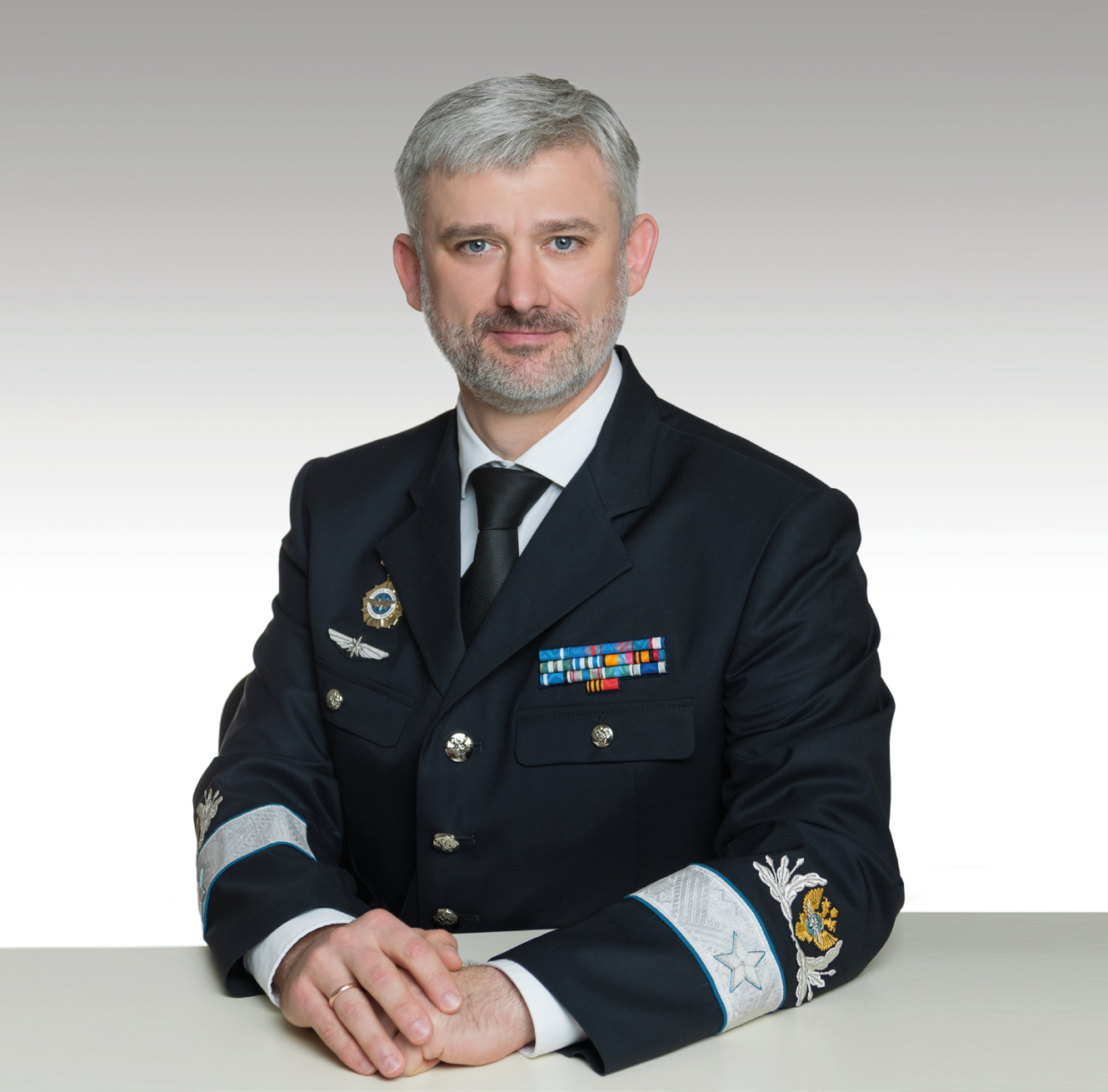Message from the Chairman of the Board of Directors
Dear shareholders!
For Aeroflot, 2018 was a launchpad for future achievements. We have a number of very important goals ahead of us – Aeroflot will play a significant role in implementing projects of national importance.
In 2018, Aeroflot celebrated its 95th anniversary. On 17 March 1923, OJSC Dobrolet (“Russian Voluntary Air Fleet”), Aeroflot’s predecessor, was established. According to its charter, the aim of Dobrolet was to develop civil aviation by “opening routes to carry passengers, mail and cargo”. Aeroflot Group’s 2023 development strategy once again focuses on our historic mission – efficient transport integration of the world’s largest country.
A twofold increase in passenger numbers is one of our key goals. However, the structure of our passenger traffic is equally important to us, particularly the share of interregional passengers. One of President Putin’s May 2018 decrees emphasizes the importance of modernising the existing infrastructure of regional airports and increasing the share of regular interregional routes bypassing Moscow to 50% of the total number of domestic routes.
We have incorporated this into our Strategy-2023, according to which we plan to open four regional bases in Russia and significantly increase our capacities on domestic routes.
Aeroflot is already offering direct flights between major cities in southern Russia, and is planning to launch routes to new regions. This will help achieve the goal set out by the Russian Government of increasing transport mobility by one-third by 2024.
The flat fare programme run by Aeroflot and its subsidiary Rossiya Airlines continues to play an important role in improving transport accessibility, particularly in Russia’s Far East. In 2018, over 2.2 million people used the flat fare to travel between Moscow and cities in the Far East, as well as Simferopol and Kaliningrad. That is 41% more than in 2017.
One of Aeroflot Group’s airlines is Pobeda, a classic low-cost carrier, whose services are in high demand in Russia. Pobeda is not only delivering impressive results in the Russian market – it is also one of the most efficient low-cost carriers in the world. The high levels of demand for Pobeda’s services are due to its pricing policy, which in turn is supported by its high fleet utilisation rate. Pobeda operates an extensive route network, which includes interregional routes. Aeroflot Group’s target growth rates depend to a significant degree on Pobeda’s continued growth and its contribution to increasing transport mobility and accessibility in Russian regions.
In 2018, Aeroflot Group delivered positive net income as a result of an extensive cost-optimisation programme and active revenue and capacity management.
The positive outlook for Aeroflot and the high standards of the company’s corporate governance are widely recognised. In 2018, credit ratings agency Fitch revised PJSC Aeroflot’s rating from “B+” to “BB-” and affirmed its outlook at stable. Aeroflot also received a National Corporate Governance Rating of 7++ from the Russian Institute of Directors. This rating represents Advanced Corporate Management Practices according to the approved National Corporate Governance Rating scale.
Aeroflot is continuously working to improve civil aviation regulation. The Company has lobbied a number of laws that benefit the whole industry, including legislation to support the development of low-cost carriers and the introduction of stricter measures against obstructive passengers.
Aeroflot’s “100 by 100” development strategy was presented to President Vladimir Putin and received his approval.
Aeroflot is an acknowledged leader in the new digital economy that will largely define the future development of Russia. Aeroflot is one of Russia’s best service companies, while the company’s brand is one of the oldest and most recognizable in global aviation.
Ambitious goals have been set for Aeroflot and its subsidiaries, and by achieving them Aeroflot Group acts in the interests of Russia and its citizens. I count on your support in making and implementing decisions that will help unleash the potential of the Aeroflot Group – one of the most important assets of the Russian economy.


